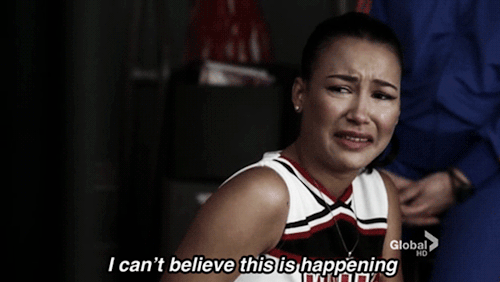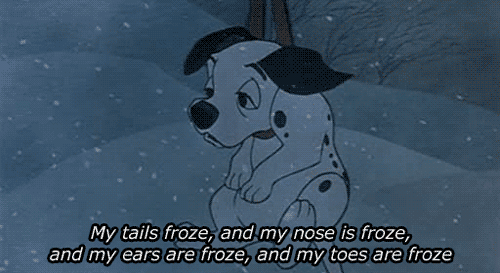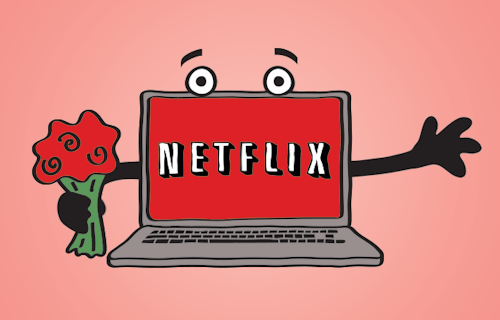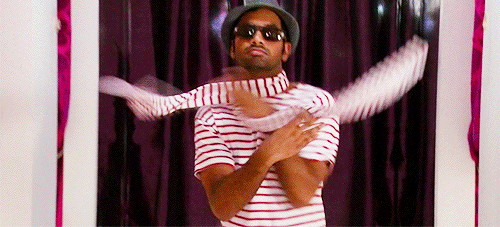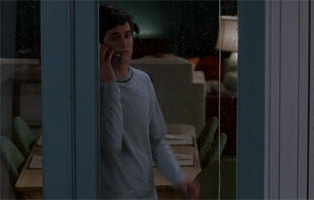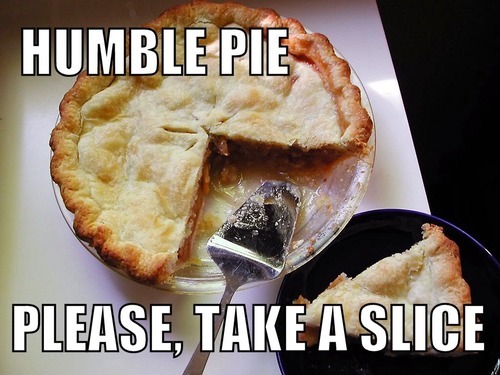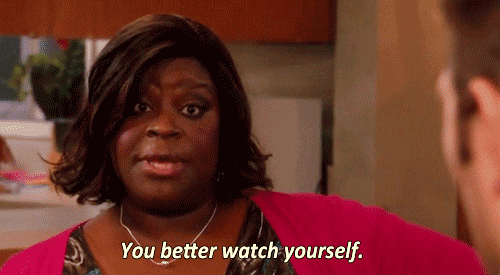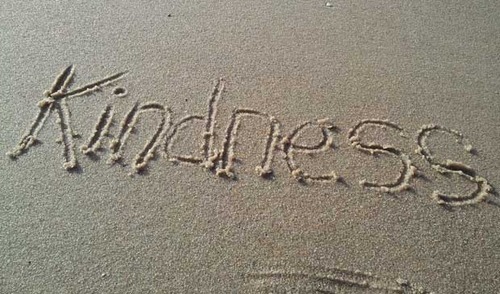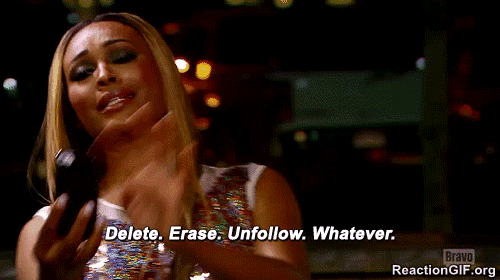
Do we have to choose one of them? Does committing to “extrovert” status mean you’re signing on for a life of wild weekend nights, leaving no moments to yourself? Does “introvert” mean spending basically all your time alone and cringing at the suggestion of a group hangout, doing anything and everything humanly possible to get you out of hanging out with a large group?
The answer is no. There is nothing in the world that strictly dictates how you must behave. The labels introvert and extrovert are just that—terms, and in no way do they determine who you are and how you choose to behave. You can swear yourself to a live of extroversion, but chances are there are still going to be times you’re going to give up going to a party for a quiet night in. Oppositely, you can vow to follow a life of introversion, but you’re probably still
Personally, I think a person’s status as introverted or extroverted depends largely, if not completely, on social context. Put me in a group of people I love and am comfortable with, and you can bet your bottom dollar I’ll be cracking jokes left and right and howling with laughter. Put me in a group of people I don’t know—chances are there’s going to be very polite small talk. Put me in an even larger group of people I don’t know, and I’m probably going to be standing around quietly, looking around, hoping someone else does the talking.
Whenever anyone asks me if I’m an introvert or extrovert, I simply say I’m both. I have my extroverted moments where all I want to do is be surrounded by people and makes loads and loads of conversation. One Friday night, I may be the epitome of a social butterfly, and the next day I might just as easily transition back into avoiding all human contact. It just depends on what I’m in the mood for. There are times where I am the loudest person to ever happen and all I want to do is go out with lots of people and do so many things, and others where all I want to do is stay home with a friend or two and just watch movies and hang out.
All in all, there’s an extrovert in every introvert, and an introvert in every extrovert. By no means are we constricted to one of those categories. If the two were in a Venn diagram, I’d live in the middle area where the circles overlap, and be a frequent visitor to each circle. Because why not? All that matters is doing what’s good and healthy for you and what makes you happy.

